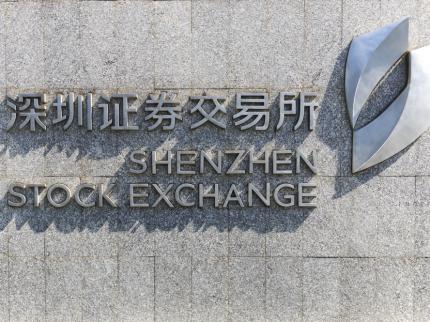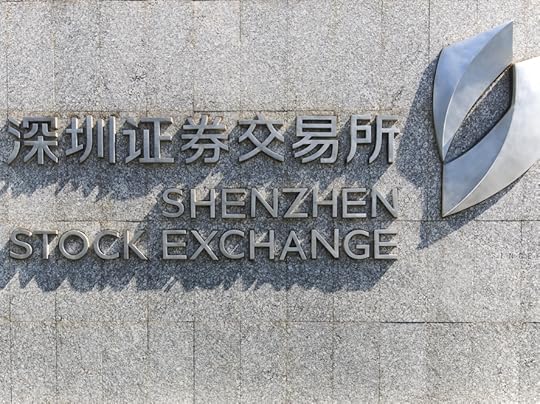China Stock Crash Imperils Proposed Nicaragua Canal

The net worth of Chinese entrepreneur Wang Jing, the driving force behind a proposed canal across Nicaragua, has fallen $9.1 billion since mid-June, when China’s stock market collapsed. No other individual in the Bloomberg Billionaires Index during this period has lost a greater proportion of assets, 84 percent in his case.
Chinese ambition in recent years has been stunning, and no person outside officialdom has been more optimistic than Wang, 42, who owns 35 percent of publicly listed Beijing Xinwei Telecom Technology Group Co.
In 2013, Wang announced he would build the waterway, three times longer than the Panama Canal. His plans also contemplated two deep-water ports, an airport, an artificial lake, a tourist area, a free-trade zone, roads, and factories to make cement and steel. Wang’s closely held vehicle, the Hong Kong Nicaragua Canal Development Investment Group Co., has an initial 50-year concession awarded by Daniel Ortega’s government.
Construction will start at the end of the first quarter of next year, according to Managua and HKND, as Wang’s company is known, but that now seems in doubt. It is not the many environmentalists and other opponents who are delaying the project.
Panama Canal Authority CEO Jorge Quijano believes Wang’s waterway, formally the Grand Inter-Oceanic Canal, will cost $67 billion to $70 billion. Current estimates put the tab at $50 billion. When he announced his mammoth plan, Wang said the project would come in at $40 billion.
Where will the money come from? During a December 2014 press conference in Nicaragua, Wang said he was going to use his personal resources to fund the project. HKND at the end of August said he had already put in more than 3 billion yuan (about $500 million before China’s August devaluation of the renminbi) from his “own pocket.” Those pockets are no longer so deep, and Wang could be overcommitted. He also has other projects needing cash, including a deep-water port in Ukraine.
HKND talks about raising money by “putting into play our imagination and creativity”—it’s never a good sign when builders get flowery—and perhaps selling shares. The company last month said it may raise funds in an initial public offering, but IPOs are indefinitely banned in China. In any event, given the dour outlook in global trade—2015 will be the third year in a row where the growth in world trade will be lower than global economic growth—it’s not entirely clear who would want to invest in Wang’s project, especially because Panama is completing a new set of wide locks to expand use of its canal.
“Wang hasn’t signaled whether banks might help with the financing,” Bloomberg reports, but project finance lending seems out of the question—the canal always appeared to be a dodgy financial proposition—and Wang no longer has sufficient collateral for a secured loan of the size needed to start construction.
“The turn of fortune in Mr. Wang’s financial resources will impact how and whether the canal can and will be built,” says Daniel Wagner of Country Risk Solutions. “I would expect, given this year’s financial gyrations in China, that the government is also asking itself whether the canal is a viable proposition.”
It probably never was. And neither are the many large-scale infrastructure projects that Beijing has announced, including those in Latin America. There, the “dry canal,” a railroad across Colombia, is in jeopardy, for instance.
Also at risk are President Xi Jinping’s “Silk Road Economic Belt,” which seeks to build a trade route through Central Asia, and his “21st Century Maritime Silk Road” initiative, designed to connect the great cities of China’s coast to Africa, the Middle East, and ultimately Europe. Beijing has been talking about funding the “One Belt, One Road” to the tune of about $1 trillion, yet in light of China’s stock crash and severe downturn in growth that appears increasingly unlikely.
Wang’s canal plan, which has always been a dubious proposition, was taken seriously because everyone thought China could do anything. Now, however, the country has lost its mystique, and it’s increasingly evident that Wang will not be able to start construction on time—and perhaps not at all.
OG Image: Asia PacificChinaNicaragua
Asia PacificChinaNicaragua
Gordon G. Chang's Blog
- Gordon G. Chang's profile
- 52 followers



